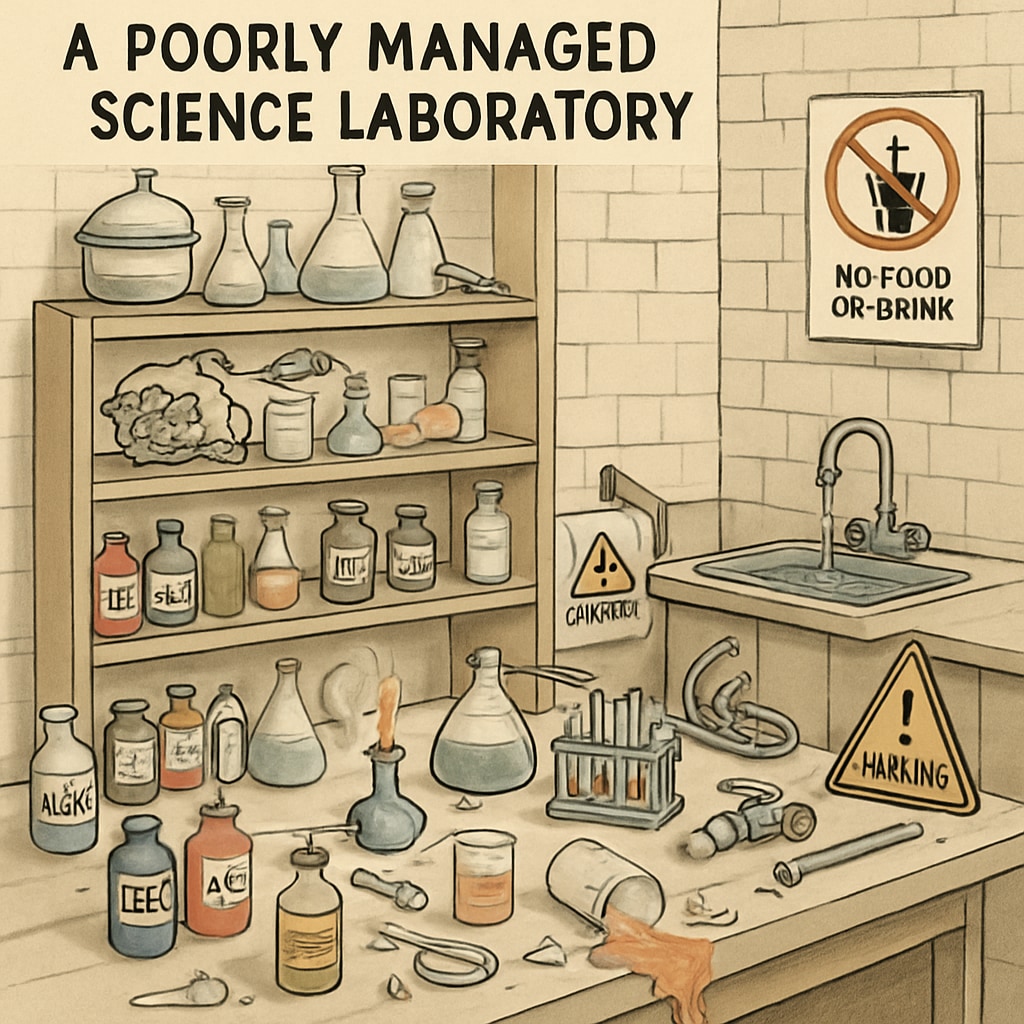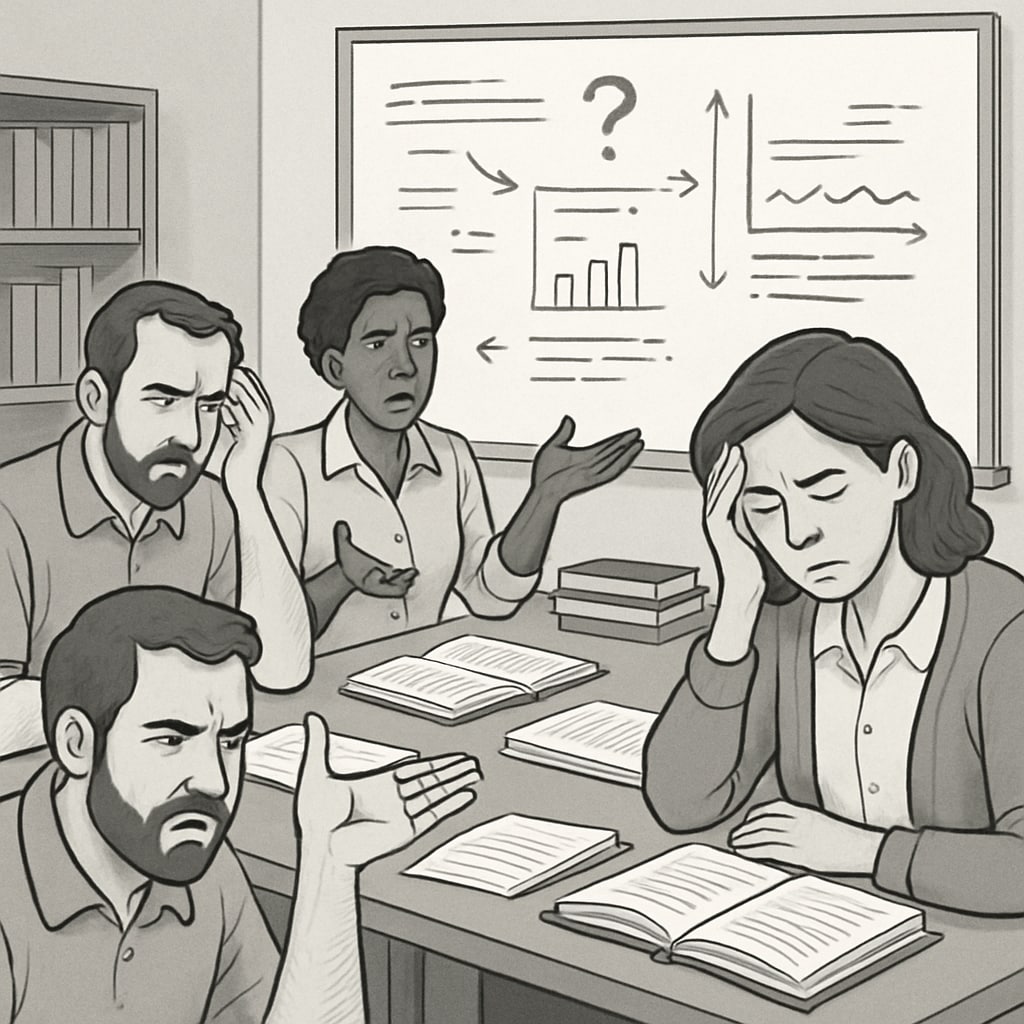The role of an academic supervisor is critical for maintaining high education standards and ensuring a safe learning environment. However, when academic leadership lacks the necessary expertise, the consequences can be severe. A recent case from a school in Chicago’s South Side highlights how the misalignment between professional competencies and the school’s educational vision can jeopardize student safety, academic quality, and overall institutional integrity.
The Disconnect Between Leadership and Expertise
The appointment of an academic supervisor without proper qualifications or experience is a growing concern in many educational institutions. In the Chicago school case, the supervisor’s lack of familiarity with basic laboratory safety protocols led to hazardous conditions in the science department. For example, students were exposed to improperly stored chemicals and uncalibrated equipment, which posed both immediate and long-term risks. This situation exemplifies the broader issue of unqualified individuals in leadership roles, causing a disconnect between the school’s educational vision and its day-to-day operations.

Furthermore, the academic supervisor’s limited understanding of curriculum frameworks resulted in inconsistent teaching strategies. Teachers were left without clear guidance, leading to fragmented learning experiences for students. According to a study by Britannica, effective academic leadership is essential for aligning instructional practices with established education standards. When this alignment is missing, it not only impacts student outcomes but also undermines the credibility of the institution.
Impacts on Students and Staff
When leadership failures occur, the ripple effects are widespread. Students suffer the most, as they are deprived of a safe and conducive learning environment. For example, the lack of adherence to laboratory safety protocols at the Chicago school led to a minor but preventable accident involving a chemical spill. Although no serious injuries were reported, the incident raised concerns among parents and staff about the administration’s competence.
Teachers, too, face challenges under ineffective leadership. Without proper guidance, they are forced to navigate unclear expectations, leading to burnout and reduced job satisfaction. As noted by Wikipedia, strong academic leadership fosters collaboration, clear objectives, and professional growth. Conversely, poorly qualified supervisors create an atmosphere of uncertainty and frustration.

Addressing the Leadership Gap
To prevent such crises, schools must adopt stricter criteria for selecting and evaluating academic supervisors. Here are some actionable recommendations:
- Qualifications: Ensure that candidates possess relevant degrees and certifications in education management.
- Experience: Require prior experience in teaching and administrative roles to demonstrate practical understanding.
- Continuous Training: Implement ongoing professional development programs to keep leaders updated on best practices.
- Evaluation Mechanisms: Conduct regular performance reviews based on measurable outcomes, including safety compliance and academic achievements.
By prioritizing these measures, schools can ensure that their leadership aligns with their educational vision and standards. This proactive approach will not only enhance student learning outcomes but also foster a more secure and supportive environment for all stakeholders.
Conclusion
The case of the Chicago school serves as a cautionary tale about the dangers of appointing unqualified individuals to critical leadership roles. The misalignment between the academic supervisor’s expertise and the institution’s educational goals compromised both safety and learning quality. Moving forward, schools must commit to rigorous selection and evaluation processes to avoid similar crises. When academic leadership is strong, the entire school community benefits.
Readability guidance: Short paragraphs and clear subheadings improve readability. Lists are used to summarize key points. Overuse of passive voice and long sentences was avoided, ensuring ease of understanding.


